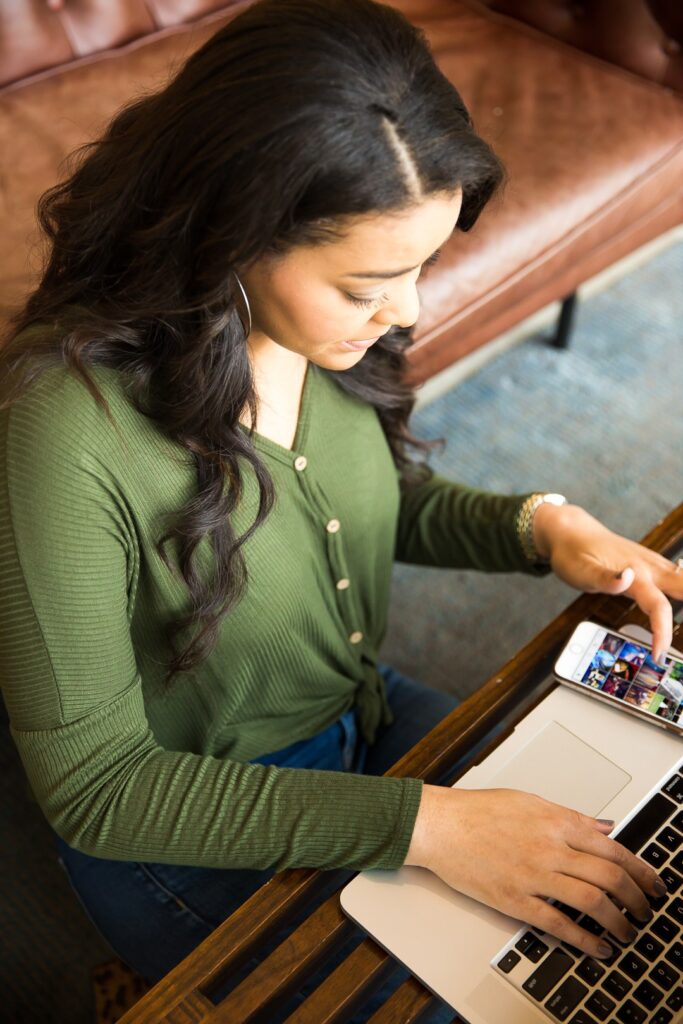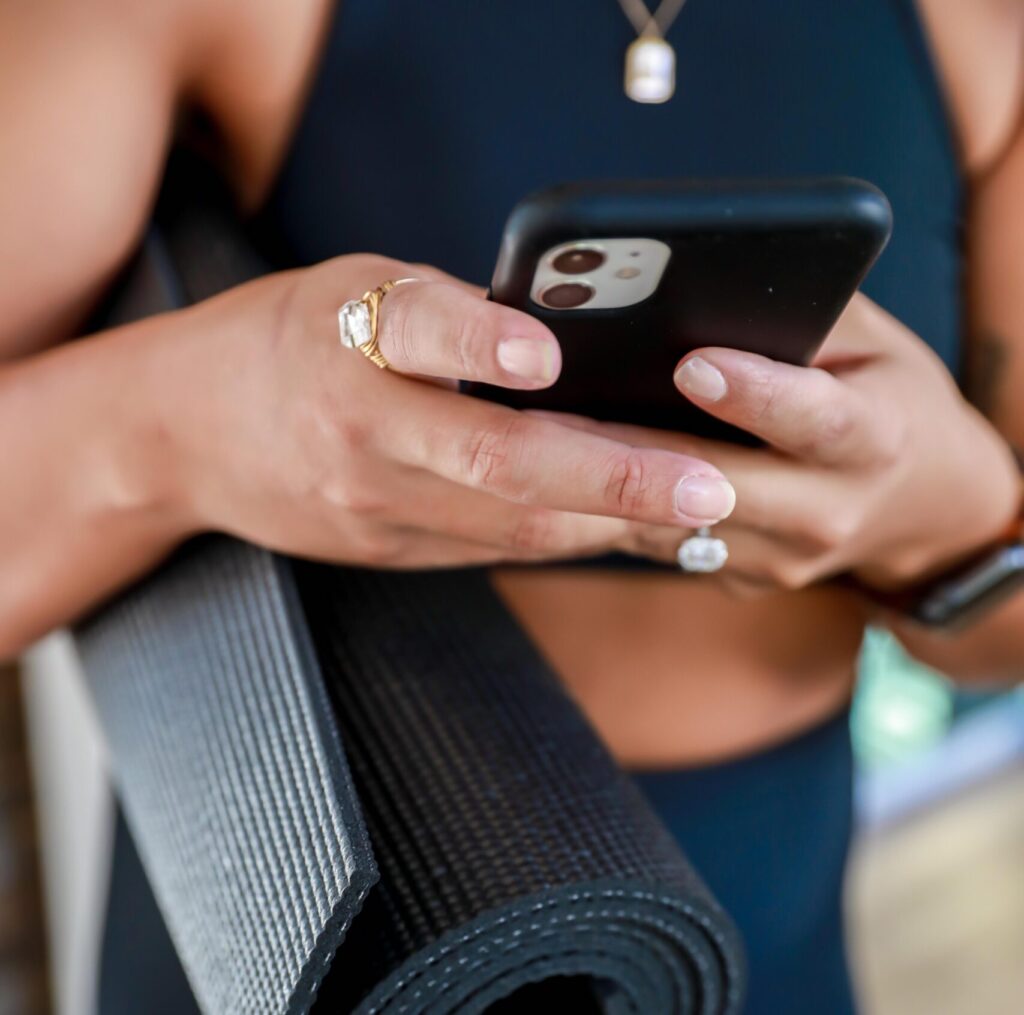Have you ever deleted social media for a “digital detox” or crafted the perfect social post through hours of trial and error? What about letting online influencers (or de-influencers) impact your daily habits, whether it be a new recipe, clothing item, or workout routine?
Social media is a double-edged sword with many benefits and harms; how we use it is up to us, but it’s essential to unravel the complexities these platforms and our relationship with them. We have children called “iPad kids” who are growing up with screens in hand. Alternatively, younger demographics like Gen Z use less social media than ever.
Social Consciousness
It cannot be denied that social media has played a positive role in sharing information and essential news updates concerning racism, sexism, and xenophobia, to name a few. Many content creators, such as Blair Imani, have made it their mission to properly educate people on social media about issues that impact underrepresented communities. Due to the rising demand for this kind of content, creators have capitalized on this momentum to give online users a starting point to launch their social justice education. This content spark has helped create a larger community of allies that support underrepresented communities.
However, social media users face scrutiny when spreading awareness about issues impacting marginalized communities. During the Black Lives Matter movement in 2020 social media helped spread the word about the pervasiveness of racism in America and the double standard faced by Black folks, people shared resources about different organizations to donate too who had been doing the work, and even proper protocol when attending protests during a pandemic. Social media integral in garnering attention to this critical issue when many people felt isolated from the outside world.

We also saw the negative impact of social media during this movement. “Slacktivism,” formally defined as “activity that uses the internet to support political or social causes in a way that does not need much effort, for example, creating or signing online petitions,” was rampant during this time. Many online influencers posted a black square in solidarity with the movement and added a #BLM to their Instagram caption crowding out necessary information and cluttering the algorithm with black boxes. Or allowing people to feel that by reposting a meme or infographic shared by someone else, that was the extent of the anti-racism work that they had to do. As people who are working towards change we have to ask – are we doing the least by posting about it on social media? Are our words backed up by actions?
An essential takeaway is that posting/sharing should be part of your overall plan to create change rather than the entirety of it. Social media can act as one channel to share information. However, it needs to be backed up with volunteering, donating to reputable organizations, rallying protests, and educating yourself on social justice issues. Creating change can look different for everyone, but you cannot rely on sharing social media posts as the only way to join a movement.
Creating Community & Commerce
Social media has also fundamentally changed how we foster community and even support small businesses. Connectivity and creating communities are some of the most significant benefits of social media. Whether connecting with old friends and family or finding a new online community, social media can offer an opportunity for burgeoning friendships. Forbes shared, “Communities provide members with a sense of belonging and support, which can be particularly valuable for people who feel isolated or alone in real life.” As a queer woman of color, I heavily identified with this sentence. When figuring out my sexuality, seeing other people on TikTok go through a similar experience comforted me. I ended up on “bitok” (“bisexual TikTok) before I had even come out to myself and thought, “Huh? Does TikTok know something that I don’t?”. (It did.) Most importantly, it empowered me to lean into myself rather than shy away from it. It’s helpful to see other people, even strangers, share similar feelings and experiences as you.

Another massive upside of social media has been its use as a marketing tool for small businesses. For example, TikTok has helped various small businesses (including Feminist Book Club!!) increase sales, brand awareness, and website traffic when their videos go viral on the platform. Many small business owners have found that they would only have the same success with TikTok promoting their brands. Social media can become essential to a company’s marketing plan, especially since the majority of the platforms are free.
In The End…
My journey with social media has been a rollercoaster. Sometimes I’ve deleted my accounts to mitigate any peer-to-peer comparisons. Other times I’ve participated as a content creator. Social media has shaped many generations’ perceptions of what they think is “trendy” or socially acceptable. Whether I enjoyed social media or not, I know it has impacted my life.
Ultimately, social media’s impact on our society is a reflection of our own choices and engagement. When used responsibly and consciously, it can be a tool for empowerment, connection, and positive change. However, it is essential to strike a balance and be mindful of its potential to exacerbate feelings of loneliness, comparison, and disconnection from the real world. By understanding and navigating the complexities of social media, we can harness its power for good and shape a more inclusive, informed, and compassionate society.


![This April we're diving into Muslim voices with some pretty incredible titles✨️
This members will also receive a sticker from @marhabaprints! Marhaba Prints is a South Asian and Islamic inspired online stationary store selling greeting cards, notepads, stickers, and more, that aims to be a bridge between Pakistani heritage, Islamic teachings, and Canadian culture.
As always we'll be discussing these titles in our online community! Join by April 9th to get one of these titles in your mailbox!
Learn more by heading to the link in our bio!
[alt text: three slides showcasing six books including: Hijab Butch Blue by Lamya H, All My Rage by Sabaa Tahir, Read Dangerously by Azar Nafisi, Read This to Get Smarter by Blair Imani, We Hunt the Flame by Hafsah Faizal, and You Exist Too Much by Zaina Arafat.]](https://www.feministbookclub.com/wp-content/plugins/instagram-feed/img/placeholder.png)